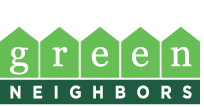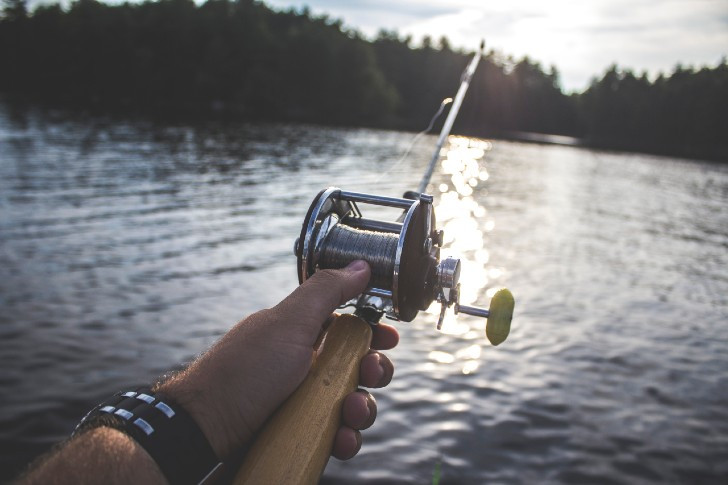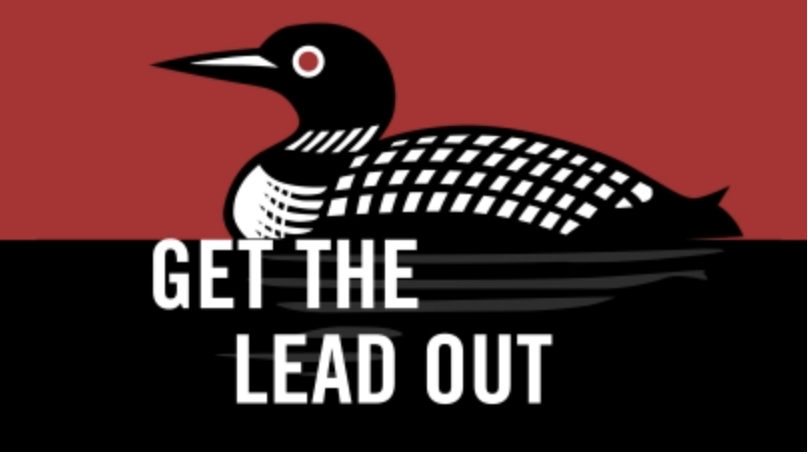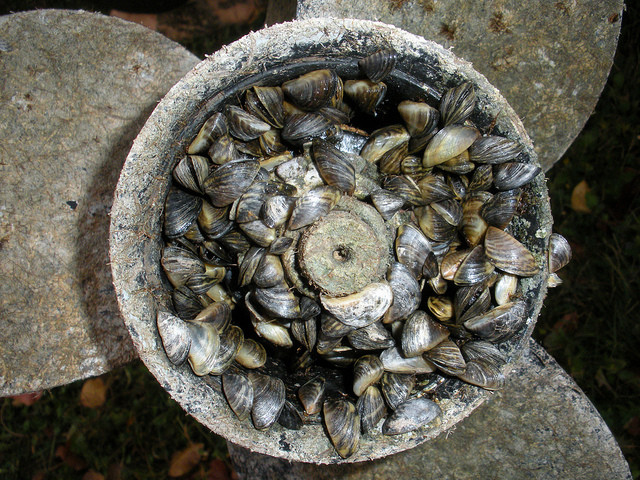Green Blog
Sustainable Recreational Fishing
Recreational fishing is no doubt a popular hobby in the Pacific Northwest. Whether fishing for trout, salmon, sturgeon, bass, or something else, few things feel better than a tug at the end of your line. With the spring fishing season ramping up, here are some tips on how you can practice fishing to help minimize your footprint on the environment and benefit the health of our local ecosystem.
Tips
Lead found in fishing equipment can cause problems to the nervous systems of the animals that make up the ecosystem in which you're fishing. Many items in your tackle box are commonly made from lead - hooks, weights, jigs, and spinners, to name a few. Next time you're stocking up at the fishing supply store, check labels to see if there are any lead-free options.
It's good to prevent pollution of any kind in waterways, as it can affect not only the fish in the pond, but birds, turtles, frogs, and any other plants or animals that are hanging around
2. Know and abide by your local rules and regulations
Washington Department of Fish and Wildlife regulations are established to protect the well-being of fish the entire ecosystem. Take catch limits for example. They exist to prevent over-fishing and to maintain a balanced ecosystem. If too many people fish in one area and exceed the catch limit, fish populations can decrease. If fish populations become too small, the population of species the fish consume might skyrocket. Similarly, the population of species that prey upon the fish might dwindle, creating an imbalance in the ecosystem.
Invasive species rules and regulations are also important to be aware of. Many boat launches require inspections of the bottoms of boats to prevent bringing in or out any unwanted plant or animal species such as zebra and quagga mussels. Some places require you to kill any invasive species and report if catch any. For example, did you know at Yellowstone National Park, it's illegal to release smallmouth bass, an invasive species to the park, back into the water if you catch one? Federal law requires you to kill the fish to prevent it from increasing the invasive populations.
To maximize the well-being of any caught fish, be sure to wet your hands before handling the animal.
3 .Practice catch and release fishing when possible
Catch and release fishing is when you release any fish you catch back into the water. This is a simple way to have fun catching fish while still doing your part to sustain the local population. To maximize the well-being of any caught fish, be sure to wet your hands before handling the animal. Fish have a protective mucus coating that is important to their health. Touching them with dry, bare hands has the potential to damage the fish. Another way to reduce harm before releasing fish is to minimize the time spent out of water. Any measurements and/or photos you want to take should be quick so you can get the animal back into the water as soon as possible. Catch and release fishing is a great way to make sure that future generations have the same opportunity for recreational fishing that we have today!
4. Let nothing go to waste
It's true, a fish you catch tastes infinitely better than any fish you could buy at the store. If you plan on eating your catch, make sure to clean and prepare the fish so as little meat as possible goes to waste. If you have any meat left over after your meal - try freeze it! As for the guts and bones left over from cleaning, place them in your organics cart if you have service in Vancouver or Ridgefield, as they can be industrially composted.
Why is this important?
These tips on sustainable recreational fishing are great ways to help minimize your footprint on the environment. These little practices are great ways to start new fishing habits. Although it may seem like a small act to do something like switch from lead hooks to brass hooks, it can have a notable impact on your local fishing hole. Spread the word to your fellow fisherman so future Pacific Northwesterners have the same opportunity to enjoy recreational fishing.




